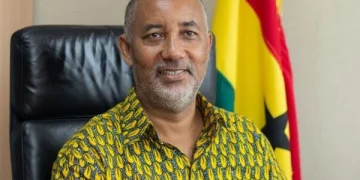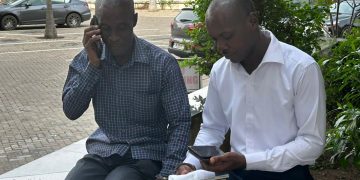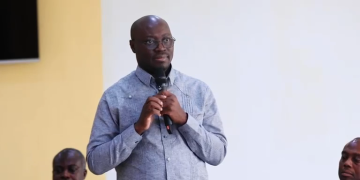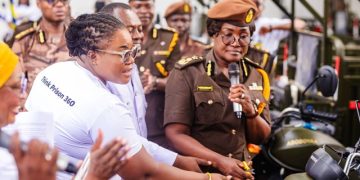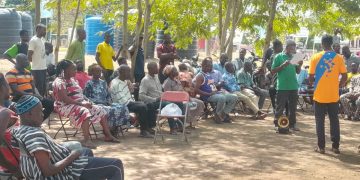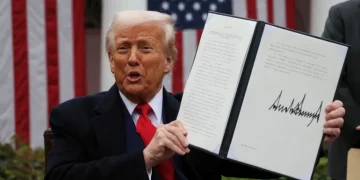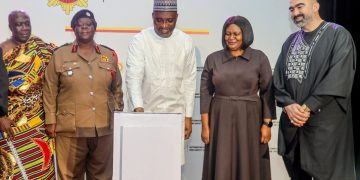Dr. Bossman Asare, Deputy Chairperson of Ghana’s Electoral Commission (EC), has voiced serious concerns about the significant number of registered voters who failed to cast their ballots in the 2024 Presidential and Parliamentary elections.
Speaking at the Post-2024 Elections Evaluation Dialogue organized by the National Peace Council, Dr. Asare highlighted the financial and democratic implications of the low voter turnout, urging the nation to consider new measures to encourage greater electoral participation.
Dr. Asare acknowledged the EC’s success in registering 97% of eligible voters for the 2024 elections, describing it as a “significant achievement.”
However, he expressed disappointment that only 63.97% of registered voters participated in the presidential election, a sharp decline from the 79% turnout recorded in 2020.
“The final lesson has to do with the fact that when you achieve a higher turnout, you shouldn’t relax,” Dr. Asare remarked. “In 2024, about seven million Ghanaians who were registered did not vote.”
The Deputy Chairperson emphasized the economic cost of voter apathy, noting that the state incurs expenses for every ballot paper printed.
He elaborated that with approximately seven million voters abstaining, the commission effectively paid for millions of unused ballot papers, doubling the loss when considering both presidential and parliamentary ballots.
“We pay for each ballot paper. So, for both presidential and parliamentary elections, assuming each ballot paper costs two Ghana cedis, that’s a loss of about 14 million Ghana cedis,” Dr. Asare explained adding “These are resources that could have been better utilized if voter participation had been higher.”
In light of these challenges, Dr. Asare suggested that Ghana might benefit from examining electoral systems in countries with compulsory voting, such as Australia, Argentina, and Austria.
“Maybe Ghana must explore countries that have compulsory voting, where if you don’t vote, you must explain why you cannot,” he said.
“The state is supporting you, and voting is a civic duty. Some countries enforce this to ensure higher participation,” he indicated.
He acknowledged, however, that compulsory voting raises debates about democratic freedom, noting, “There are arguments that forcing people to vote is not democratic. So, we must carefully consider all options.”
Dr. Asare praised Ghana’s electoral governance model as a beacon of democratic growth in Africa.
He highlighted the peaceful conduct of the 2024 elections as evidence of the country’s political maturity.
“In 2024, a Nigerian blogger even remarked that while voting was ongoing, some Ghanaians were going to the market, showing how peaceful the environment was,” Dr. Asare shared.
“It’s an indication that we have come very far,” he firmly declared.
Source : www.kumasimail.com / Kwadwo Owusu



